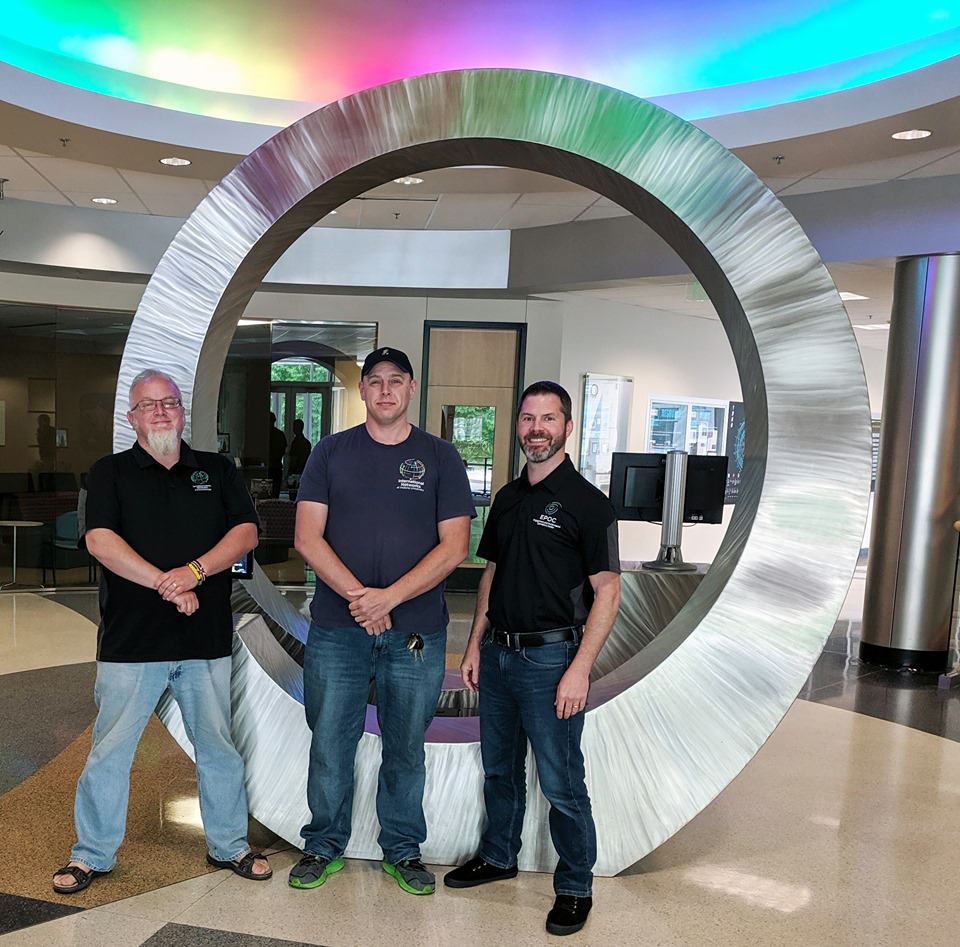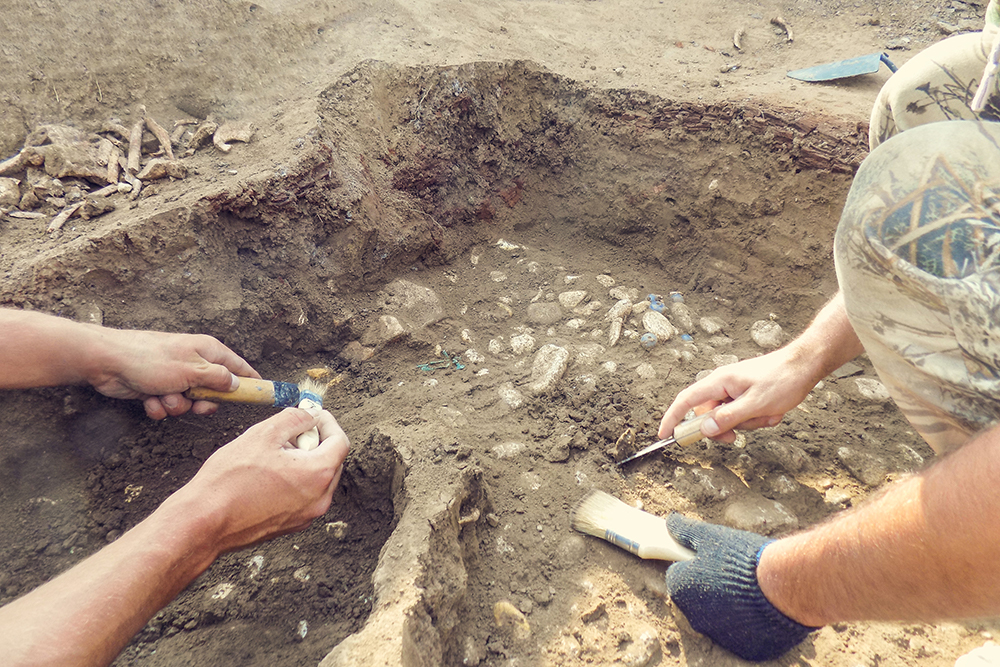A major component of the EPOC strategy has been to work with the regional networking community to better understand workflows for diverse research teams in order to evaluate bottlenecks and potential capacity issues. EPOC has partnered with many U.S. domestic regional research and education networks, including Front Range GigaPop, Great Plains Network, iLight, KINBER, LEARN, and OARnet to sponsor Application Deep Dives for campus environments. The outcome of these activities has been a better understanding of the scientific drivers, growth areas, and points of friction that exist today, and how they are likely to change over time. Campuses, regional partners, EPOC, and science communities define a set of actionable items that can be addressed to better support the Science Case Studies.
With pandemic-related travel restrictions, EPOC shifted to virtual Deep Dives. Prior to 2020, EPOC’s process involved working with IT staff and researchers at a site to gather case studies using a structured conversation approach and a formatted document. Then EPOC would bring together the researchers, IT engineers, and other research and CIO-level participants for a 1-2 day meeting to walk through the Case Studies as a group, review the cyberinfrastructure offerings of the site, and discuss opportunities.
Given the inability to hold in-person meetings along with the challenges of maintaining focus in virtual meetings for longer stretches of time, EPOC has adapted the Deep Dives process. Our new methodology involves hosting a video session to “train the trainers”—to get the local IT staff up-to-speed on the Deep Dive structured conversation approach so they can work with the individual science groups to complete the Application Case Studies. Once the Case Studies are collected, EPOC schedules a series of Focus Group video calls, no more than two hours in length, to walk through a subset of the Case Studies and try to identify needs and requirements. The full set of participants then update the Case Studies. The Case Study data is combined with the outcomes of the Focus Groups to produce a set of recommendations that become part of a publicly available report.
The shift to virtual requirements gathering has been advantageous in several ways. The de-coupled approach allows the participants to re-visit the Case Studies and requirements from several points of view over a longer period of time. For the first trial of a Virtual Deep Dive, EPOC is working with the University of Central Florida. EPOC has also gathered several Case Studies from researchers who might not have been able to participate with the prior format. The virtual approach has also facilitated a more conversational tone, which has enabled EPOC to work with a larger set of new Case Studies than expected.
For example, as part of the University of Central Florida virtual deep dive, EPOC connected with an archeology and anthropology researcher who typically spends significant time in remote international locations conducting field work. For that reason alone, this researcher would have been unlikely to participate in the prior format. Prior to our discussion, their normal science workflow included hand-carrying an entire summer's worth of data back to the lab using removable media, which was then processed at the university over a number of months.
With EPOC’s new approach, the research team had the time to think critically about how their prior operational workflow was not as efficient as it could be, and how they might be able to take advantage of the institution’s advanced IT support. The team is now considering ways to use remote data transfers and integration with local HPC and HTC resources, which in turn could facilitate a parallel workflow during the time of remote study and enable more flexible field work through the availability of partial results.




